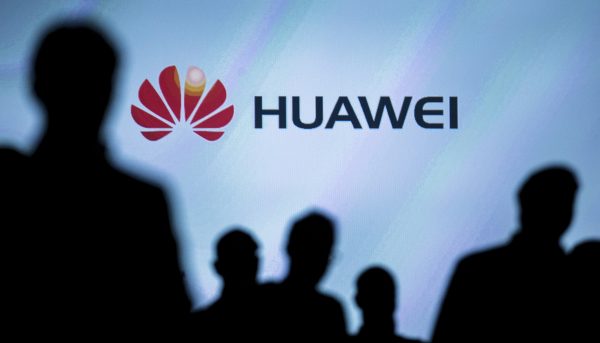How much safer is the US as a result of excluding Huawei?
Debate and controversies over Huawei have long been a subject of interest. Since at least 2010 the US government has, without formal announcement, established a policy of excluding Huawei from the US market. For example, the Secretary of Commerce has previously delivered a direct warning to the CEO of Sprint not to grant a large contract to Huawei on pain of exclusion from all US government telecommunications contracts.
Congress has also gotten in on the act. In 2012, the US House Intelligence Committee published a report that labelled Huawei a national security risk and advised US companies against doing business with it. Though it received widespread publicity, the report was deeply flawed, providing virtually no evidence to back its claims. Still, what stuck in the minds of the public and press was the assertion that, ‘China has the means, opportunity and motive to use telecommunications companies for malicious purposes’.
On the foreign front, US policy against Huawei has been somewhat erratic. The government apparently intervened behind the scenes to press the Australian government to exclude Huawei when it rolled out its new national broadband network in 2013. Yet it did not strongly protest when Britain sponsored a joint cybersecurity research facility with the company.
Meanwhile after a tumultuous decade in the telecommunications market, replete with many mergers, acquisitions, and shifting collaborations, Huawei has emerged as the industry’s world leader. Its revenue in 2015 totalled almost US$61 billion, followed by Ericsson at US$30 billion and Nokia/Alcatel-Lucent at US$28 billion. Huawei’s rise came in spite of exclusion from the huge US telecommunications market. In the past year, Swedish Ericsson and American Cisco have teamed up, though not merged, in order to better fend off the Huawei challenge.
In October 2016, the American Enterprise Institute hosted National Security Agency (NSA) Deputy National Manager for National Security, Curt Dukes, for a conversation on the defence of cyberspace. In deciding how to approach the question of Huawei, he answered in words that would warm the heart of Adam Smith: ‘I think it should be an open market. And I believe that we should allow the best of breed to win when it comes to technology’. It is in this regard, he noted, that Huawei’s prowess comes into play: ‘If you look at their current network infrastructure today, primarily in the 4.0 and 4.5 generation communications standards, it’s actually very cutting edge’.
But this does not mean that Huawei — or any other foreign technology company — should be given a free pass. Dukes added cautionary points, ‘I am increasingly worried about supply chain risk management and just making sure that we deny an adversary the ability to potentially attack us through the global supply chain … Should Huawei win the next generation infrastructure bids that some of our communication serviced providers are now currently going out on tender with, then we need to set in proper controls so that we can actually make sure that that product does only what it’s intended to do’.
As to the specific types of controls, Dukes pointed to the United Kingdom, which has created a ‘cell where they actually do an assessment of that kit (equipment) before putting it into their infrastructure’. The US could also set a number of requirements for supply chain management and mandate that all companies who sell telecommunications technologies in this country attest that they will follow these instructions — with provisions for periodic review of compliance by the US government. In the end, Dukes posited, ‘I think there’s a range of options available to us. It’s up to the administration to figure out what … set of requirements or controls that we want to place on … [the] foreign developed kit that would be used within the US’.
Given the increasingly fraught relations between the US and China, it may well be that the next administration will be wary of reversing US policy toward Huawei. But it is heartening that within the NSA there is a breadth of analysis that includes the presumption that, ‘Our economy thrives when we sell overseas. And we should welcome other products into our country as long as they meet our security requirements’.
Claude Barfield is a resident scholar at the American Enterprise Institute. He is a former consultant to the office of the US Trade Representative.

